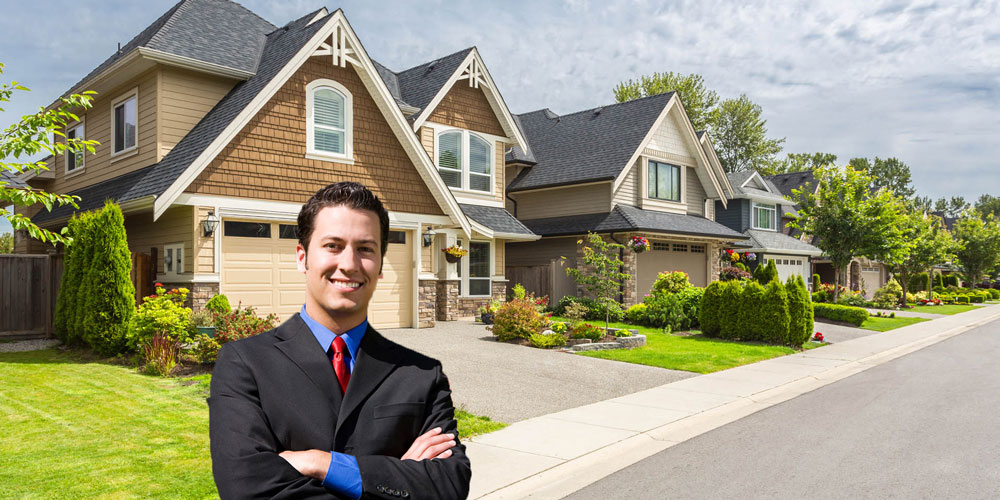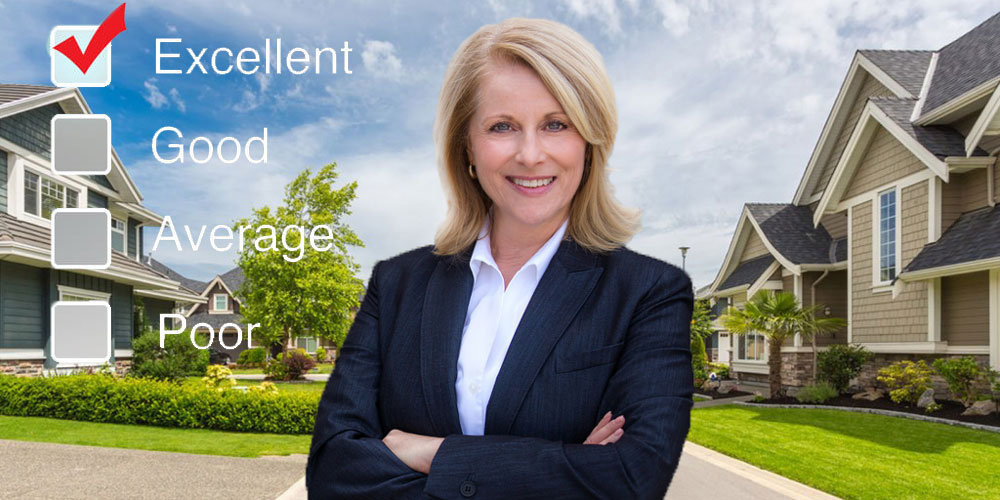Real estate farming is a strategy many top agents use to brand themselves as an authority in a particular area. Becoming the go-to agent of a specific community is neither easy nor fast to reach. In that case, why do agents turn to real estate farming ideas? It’s a no-brainer because it works! Geographical real estate farming is a powerful prospecting method. Rather than trying to be all things for all sellers and buyers, it would be wiser if you focused your time and budget on knowing more about your target audience.
The idea of farming in real estate is very similar to planting seeds. You choose the target neighbourhood, identify the properties that can be good candidates for sale, and build solid relationships with the owners. This blog post explains the basic real estate farming ideas to help you increase your profit using some simple but important tips.
What Is Real Estate Farming?
Real estate farming is a marketing technique used by many successful real estate agents to develop business in a particular area or market demographic. As the name suggests, they are farming for real estate leads and calls. This can include direct mail, knock-ons, postcards, newsletters, flyers, or any other form of targeted advertising. Farming for real estate agents requires a continuous relationship with potential customers and community participation. When they need real estate, they will think about you first.
Real estate farming is a useful marketing strategy because you target a certain set of homes with a message that adds a certain value. The higher the number of homes, the less likely it is to send messages that appeal to all homeowners in your farm area. This strategy includes planting, nurturing, and cultivating leads. It is very important to consider the size of the farming area, turnover, competition, demographics, and location.
How to Pick a Farm Area in Real Estate?

Your farming area depends on size, turnover, competition, demographics, and location. Here are seven steps that will help you choose the farming area that has the most return on capital.
- Choose a real estate farming area close to your home.
- Research your real estate farm area.
- Limit your real estate farm area to focus on a niche.
- Consider the size of the real estate farming area.
- Choose a geofarming real estate area with designated boundaries.
- Check out rival real estate farming agents in the region.
- Compare multiple areas when farming real estate
Advantages of Real Estate Farming
Real estate farming is a long-term and costly investment. But, due to a couple of reasons, you should consider deploying this marketing approach. The convenience of location is the first reason. When most of your listings and sales are concentrated in one area, you no longer have to travel between the clients. You can maintain your reputation in a community by using this strategy. Real estate farming can increase your client referral traffic and lead generation while also significantly improving client satisfaction and loyalty.
Another advantage of real estate farming is that familiarity with the target market gives you an advantage over outside realtors. You don’t have to do extensive research on local facilities and amenities, schools, or neighbourhood status. Having a deep understanding of the target market is a huge asset for a real estate agent. Building trust is not a simple or quick process, but you can establish yourself as your clients’ preferred agent by giving them access to a wealth of valuable information that only an insider knows.
Real Estate Farming Ideas for Realtors
If you are looking for great real estate farming ideas, please check the following tips and consider these items to achieve the best real estate marketing results:

Analyze the Market
Finding the right value for a property is a crucial part of your job as a real estate agent. Whether searching for a new home or placing their property for sale, people come to you to get the best possible price. If done intensely and accurately, Comparative Market Analysis (CMA) allows you to find the real value of a property based on the recently sold, similar properties in the same neighbourhood. With a comprehensive report containing active listings, pending listings, sold listings, and off-market data, you can pinpoint the highest price for your listings.
Keep Your Clients in the Loop
Are you the kind of agent who strongly believes that print marketing is just a waste of paper and money? In that case, I think you’d better reconsider. Believe it or not, distributing the Just-Sold, Just-Listed, and Coming Soon flyers door to door gives you more ways to stay first in mind with local prospects. Your clients will appreciate your hard work to get the homes sold.
Get Prepared for Cold-Call
Many local experts believe that telephone calls can result in more leads than any other real estate farming idea. Even if you are not the biggest fan of cold-calling, it’s worth a try. To increase the chance of closing more deals, call around the neighbourhood and tell residents about the coming soon, price reduced, back on market, and showings.
Go for FSBO and Expired Listings
Real estate farming is a potentially lucrative strategy. Staying continuously in contact with people living in the target neighbourhood allows you to identify FSBO properties and expired listings and turn them into new sales opportunities. There are many desperate sellers out there whose properties are not selling without your help. It is a real opportunity for you to show that these sellers working with a professional agent can generate incredible buyer traffic.
Host Open Houses
Open house events are one of the oldest ways to increase the listing’s exposure. Even modern technology like realistic 3D tours, live videos, and high-definition photos can’t fully replace personal visiting experiences. Remember that open houses are not just for increasing buyer traffic to a listing but for meeting and building relationships with your future clients. Don’t forget to set up eye-grabbing directional yard signs in front of the house to attract as many potential buyers as possible to your event.
Remember that the design and quality of your outdoor signs would be crucial. Personalized marketing tools always go a long way. If you have no idea how to design an outstanding branded real estate sign, consult with AgentPrint.com, which offers what you are looking for.
Throw Block Parties
Now that you have successfully established yourself as the area’s expert, it’s time to spice up your business with a block party. Public amenities such as a community pool or a park can be a nice place to invite everyone in the neighbourhood and make more contact. Remember to market your event in advance through flyers, phone calls, social media, or your website.
Real Estate Farming Materials

Physical materials are still an essential part of your marketing strategy. And especially for real estate farming, they are essential to establish yourself and build brand recognition over time. Whether you’re still selecting your farming neighbourhood or you’ve already chosen it, new marketing tools can make sure you’re interacting with potential clients in a meaningful way. Here are three materials for real estate farming:
- Handouts: If you’re planting a new area and want to introduce yourself door-to-door or simply run into a few prospects while out and about, there’s nothing easier than making a small business card or brochure to share. Not a bit about yourself. And give your customer something to take home with them. Combined with a face-to-face meeting, the brochure creates longevity, even if all the customer does is glance at it and throw it away—the connection is made and helps brand recall over time.
- Direct Mail: It’s an easy way to introduce yourself to a new neighbourhood or to remember the face and name of your neighbourhood if you’ve farmed there before. Real estate postcards—sent consistently over time—help build brand recognition and make you a memorable presence in your target neighbourhood. And since direct mail achieves the highest response rate of any medium, all agents would do well to make it a key part of their farming strategy every year.
- Branded Swag: Another smart farming idea is to participate in neighbourhood gatherings, such as block parties or sporting events, to get to know the community and build your business. It’s never a bad idea to take useful branded materials like pens, sticky pads, or calendars to spend with you. Such things will be visible to friends, family, and colleagues and may encourage them to contact you the next time they need to list their assets. It’s a fun and memorable way to build your brand.
Final Words
To acquire new clients, make sure to use the appropriate approach to achieve the greatest success. If you use the above-mentioned strategies and useful real estate farming ideas, you will definitely reach your marketing goals and targeted neighbourhood. Never underestimate the role of real estate farming in improving the total leads and sales results. AgentPrint.com is available to share its long-term experience working with the real estate industry with you. Good luck!
